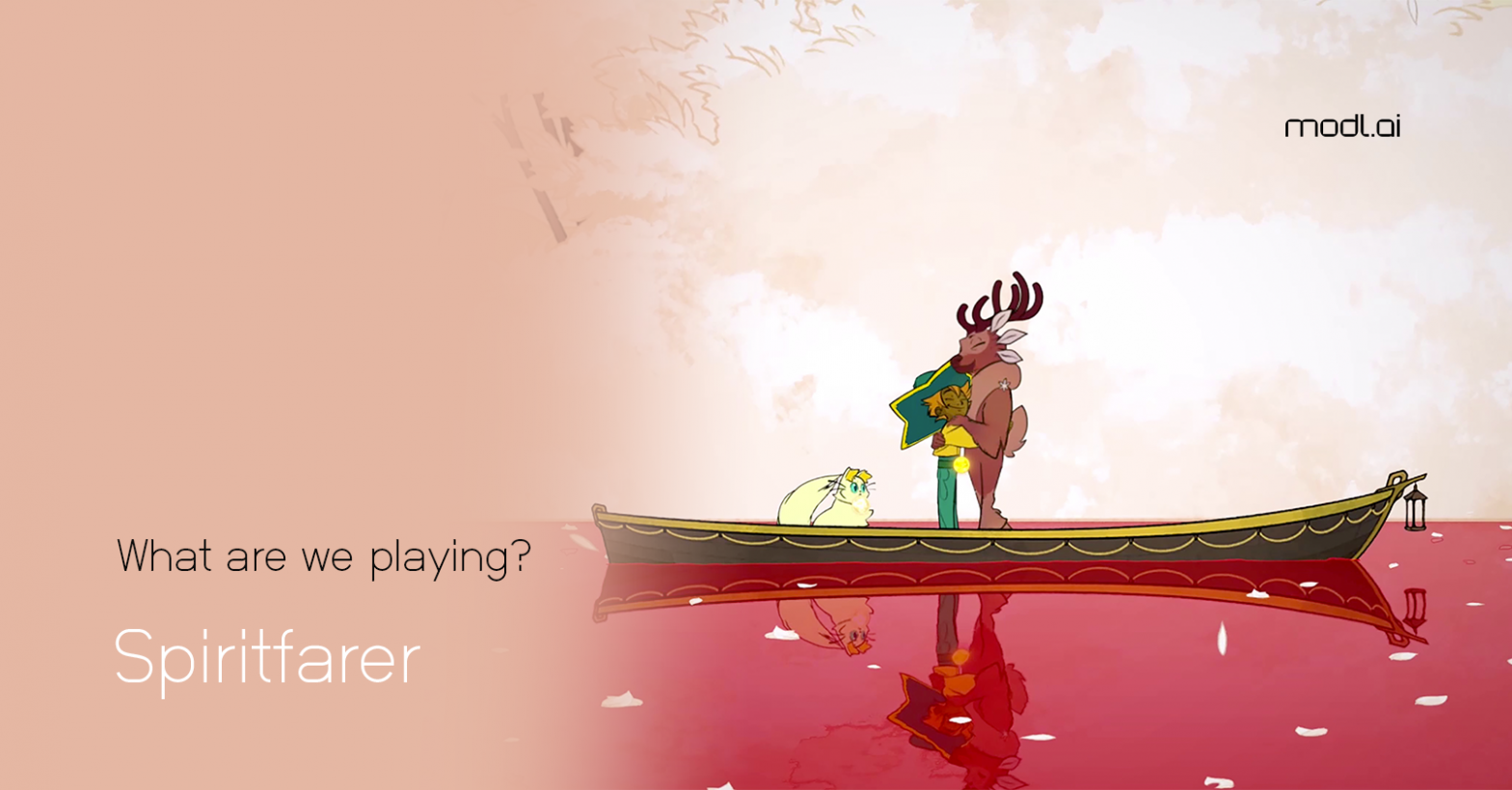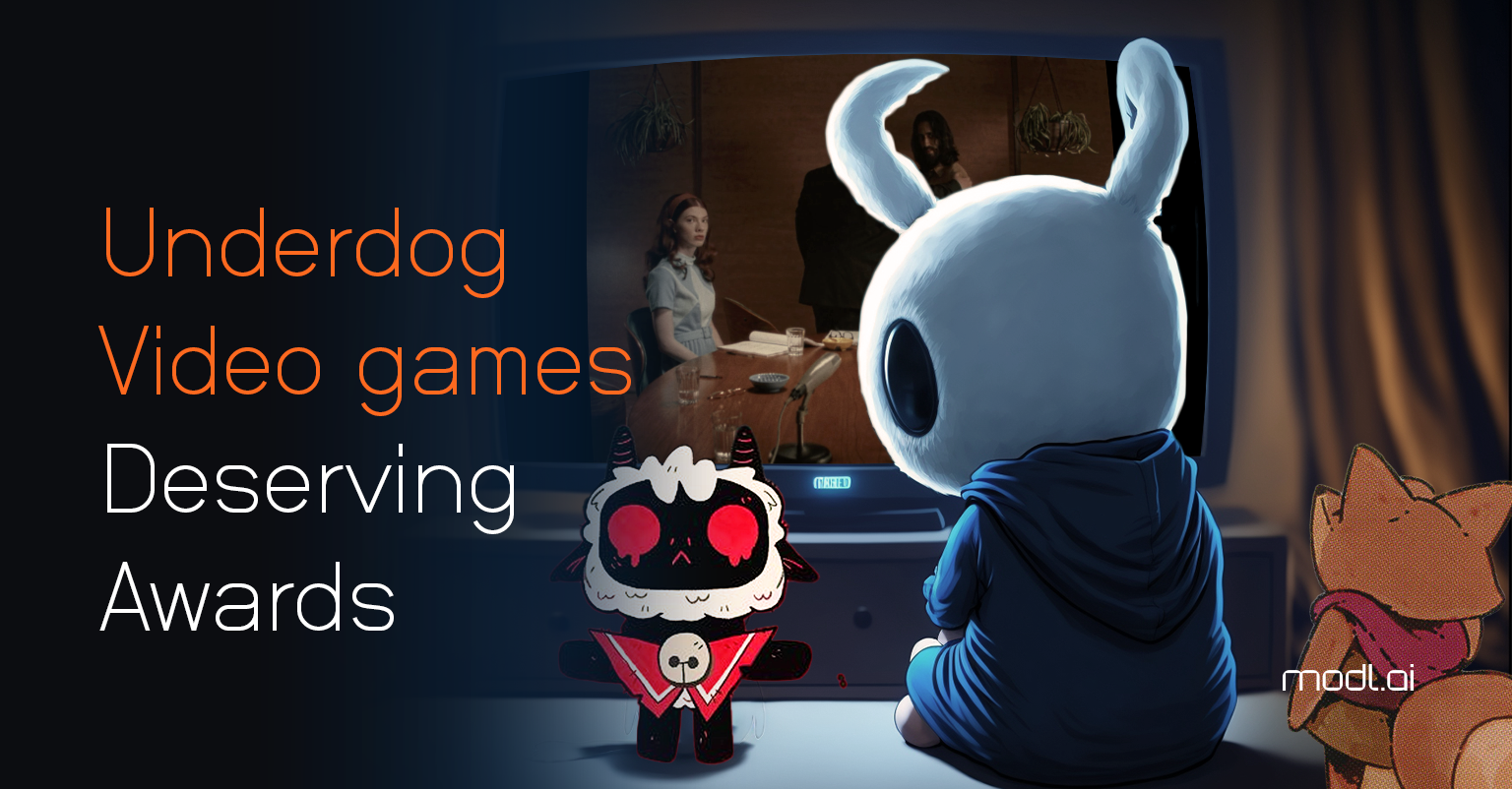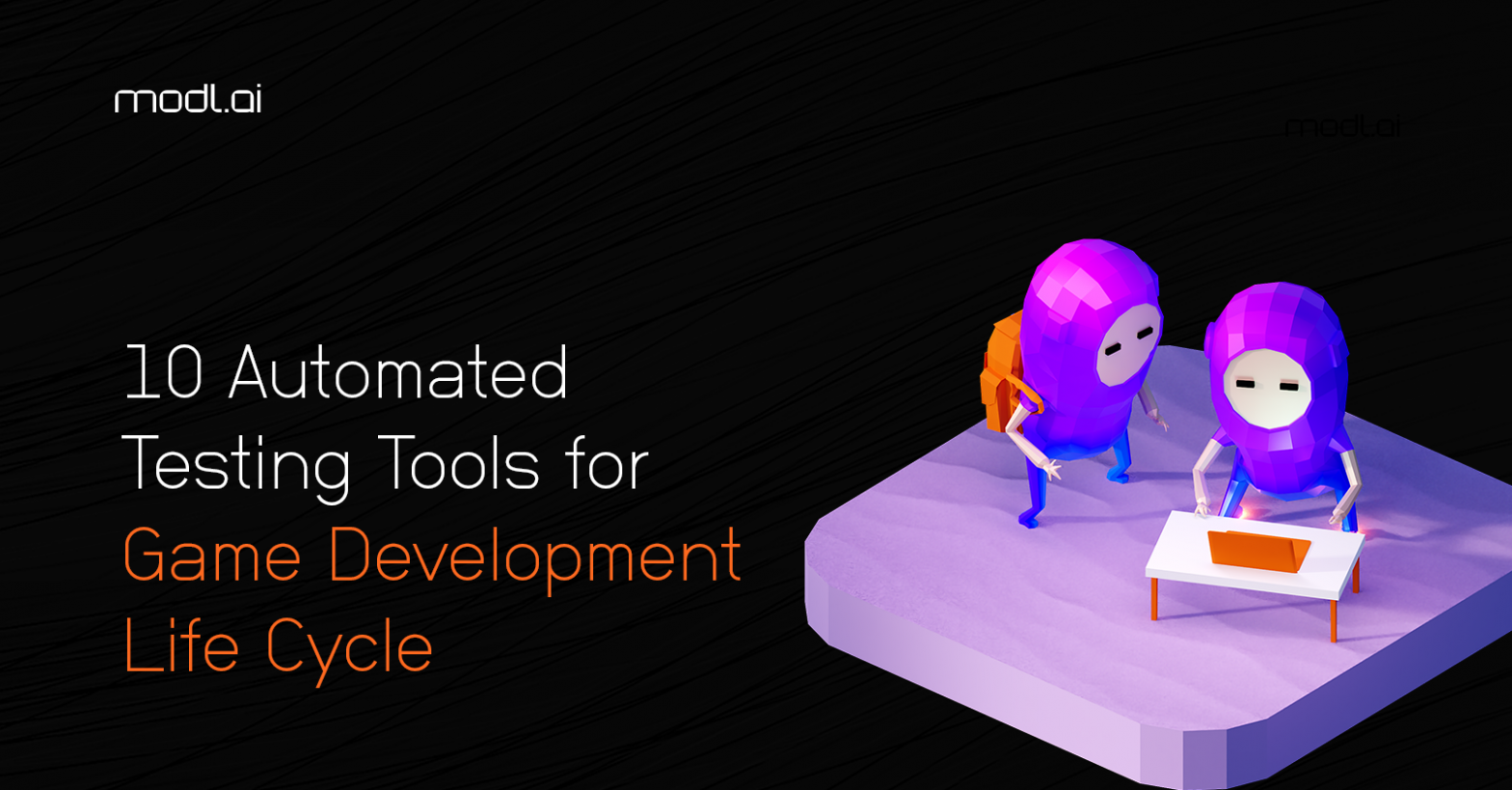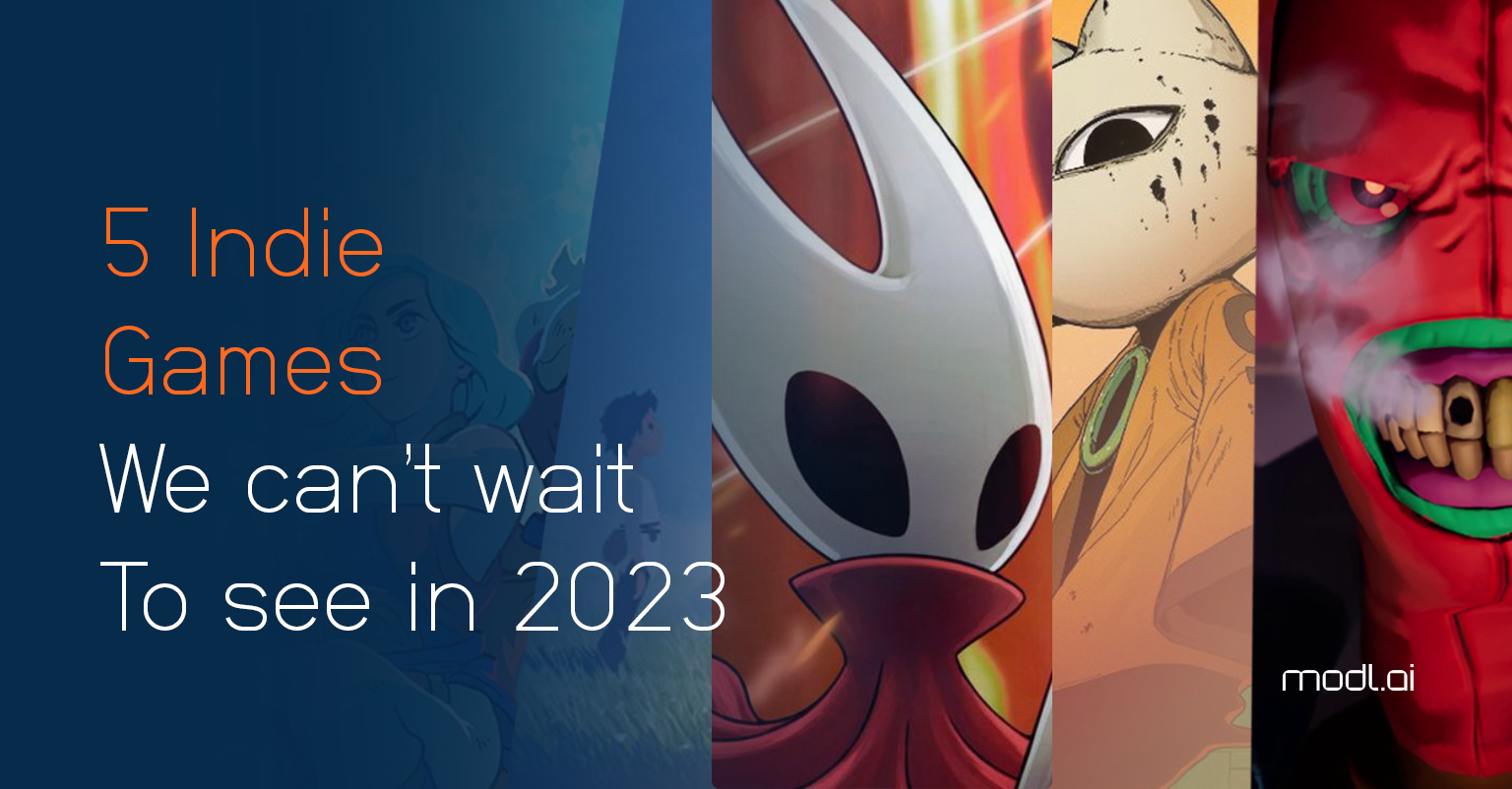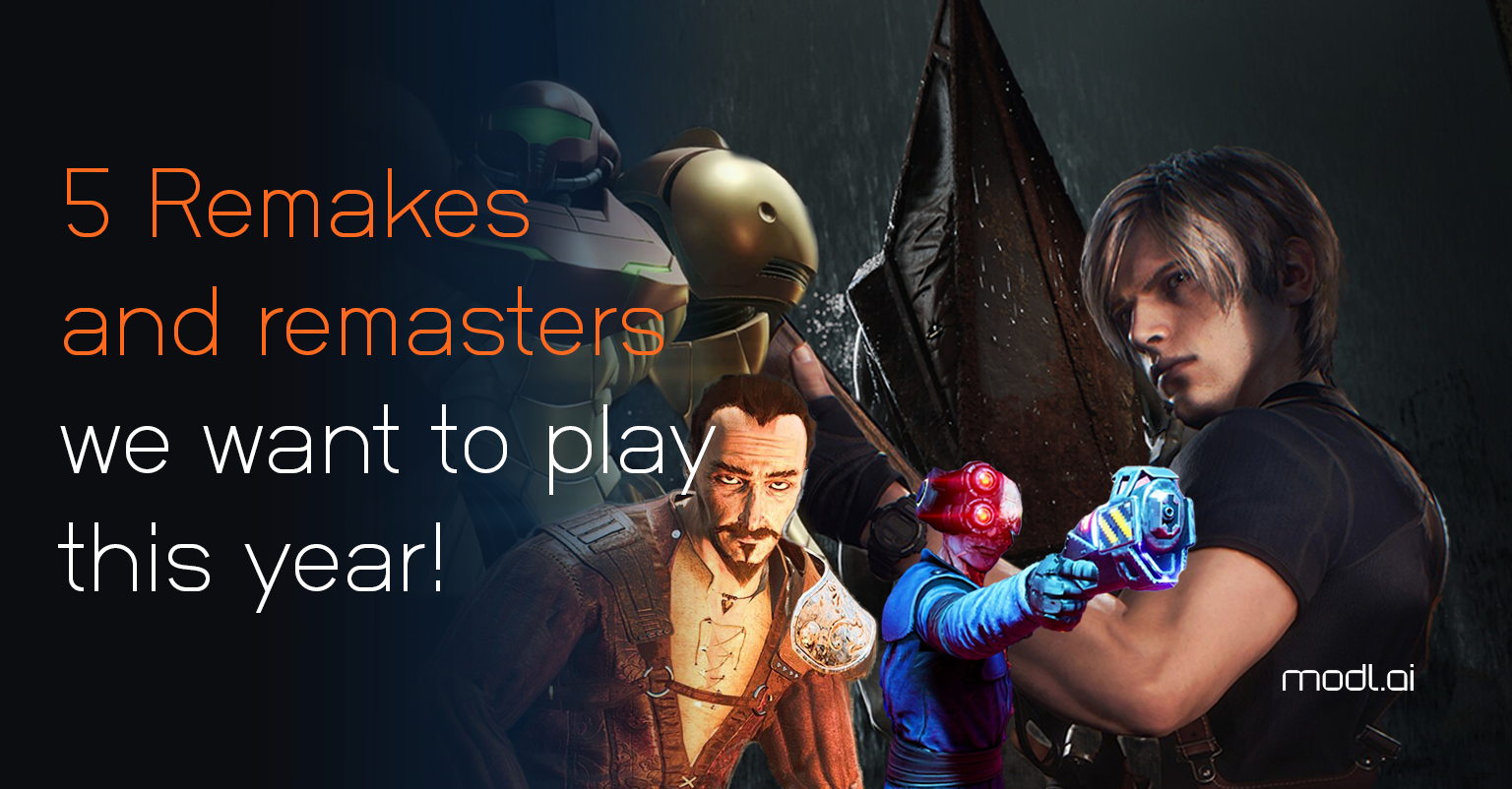“There’s no date that never comes, nor deadline that never expires” is a Mexican aphorism about the inevitability of time and cycles, and I think very few games have captured the essence of it, like Spiritfarer by Thunder Lotus Games.
Spiritfarer topped our list of cozy games last month, but I think it is worth looking into it closely as it stands out as one of the most beautiful and emotional games I have had the chance to play in a long time.
I think the main achievement of Spiritfarer is delving into something that is traditionally sad, grim, and dark – like death and grief – from a happy, colorful, and very emotional perspective. It seems to have captured the feeling of nostalgia in gameplay, which is not an easy feat at all.
You play as Stella and her cat Daffodil, who has just inherited the mantle of Spiritfarer from no one other than Charon himself.
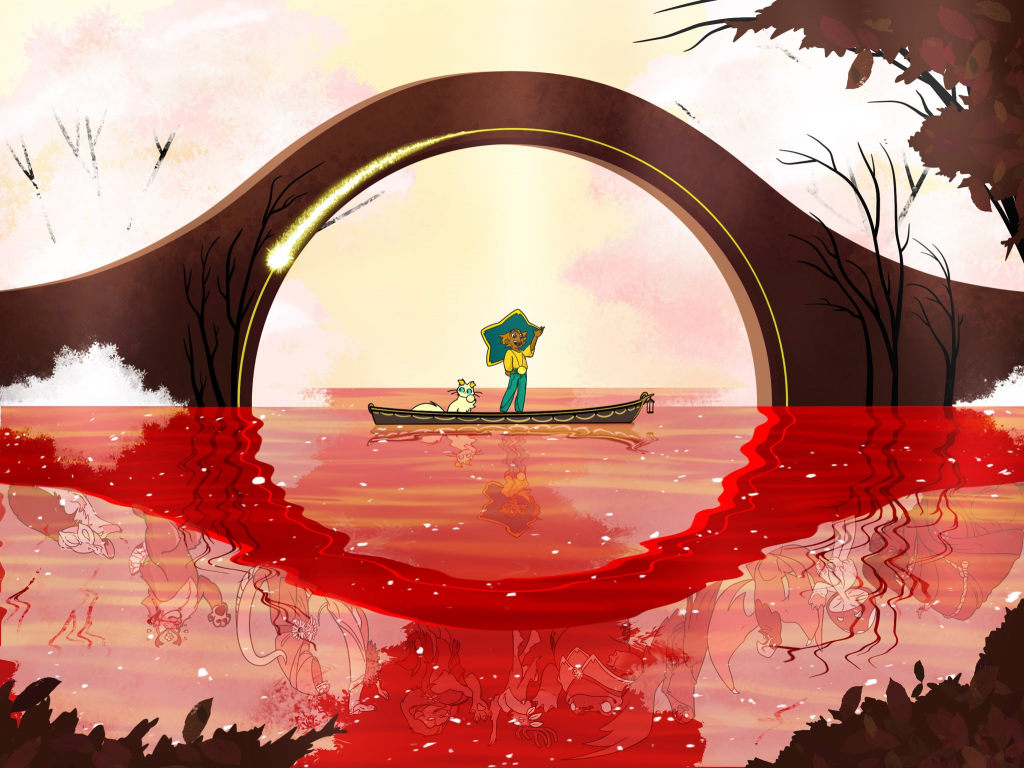
I think is brilliant how from the very beginning when Charon passes the torch to you, you get a pretty good slice of what’s to come – Charon talks about his journey and life as the ferryman of the death and how he’s ready to move on, then he goes on crossing the Everdoor – the games’ metaphor for “eternal rest.”
The game plays as a very chill narrative game, with some platformer and base-building mechanics to keep it moving and quite a bit of crafting, which has a very nice experimentation hook to it. From trying to combine weird ingredients to get that recipe you’re missing to putting odd things in the different machines you have – like Mills or Crushers – there’s always a small surprise to be found in the ship.
The core loop is relatively simple: You travel the world aboard your ship, and through your travels, you will find Spirits. Spirits will ask to board your ship and become “residents” of sorts.
During their time with you, they will have a lot of requests – from having you build them a personalized cabin, to some ridiculous ones like finding their estranged husband – and of course, don’t forget to keep feeding them each day.

But the richness of Spiritfarer goes beyond just the core mechanics – Throughout the time you spend with the characters in your boat, you get to learn quite a bit about them.
Their food preferences – turns out some of them are really picky – their desires, regrets, and reflections at what is the end of their journey. All done with very creative writing approaching rather hard topics from a whimsical and almost childlike perspective – I guess that’s why Stella is presented as a younger character and referred to as “child” quite often.
After you have fulfilled their requests and spent some time with them – the passengers will request to be taken to the Everdoor, for their final release into rest.
Every one of these moments is deeply emotional, and I must confess more than one tear has been shed when saying goodbye to these pixel-made friends.
They then go on and become constellations in the sky, that you can see as you continue the game. A fitting metaphor for “having an angel looking over you”, and similar beliefs for the afterlife.
As with most things in life, Spiritfarer is much better when played with someone else – Player 1 will control Stella, and Daffodil will be P2. The only difference between the characters is that Daffodil can’t have conversations with NPCs – and while you can sometimes get in each other’s way in hilarious manners, it does make the game a bit more dynamic as you can split the upkeep required for the boat and the passengers while still advancing the main quests.
While the game is far from perfect – as most things in life aren’t – I deeply recommend it as a piece that shows us that games don’t have to be exhilarating to be emotional, and that grief isn’t necessarily dark and gray – but can be colorful and inspiring.
For me, Spiritfarer sits up there with GRIS and It Takes Two as one of the few games that have struck a very deep emotional chord, and if there’s one big takeaway from it – is to remember that even the meanest and scariest of fellows are usually just a favorite meal and a hug away from becoming a pair of helpful hands.
See you all on the other side – hopeful not of the Everdoor.

